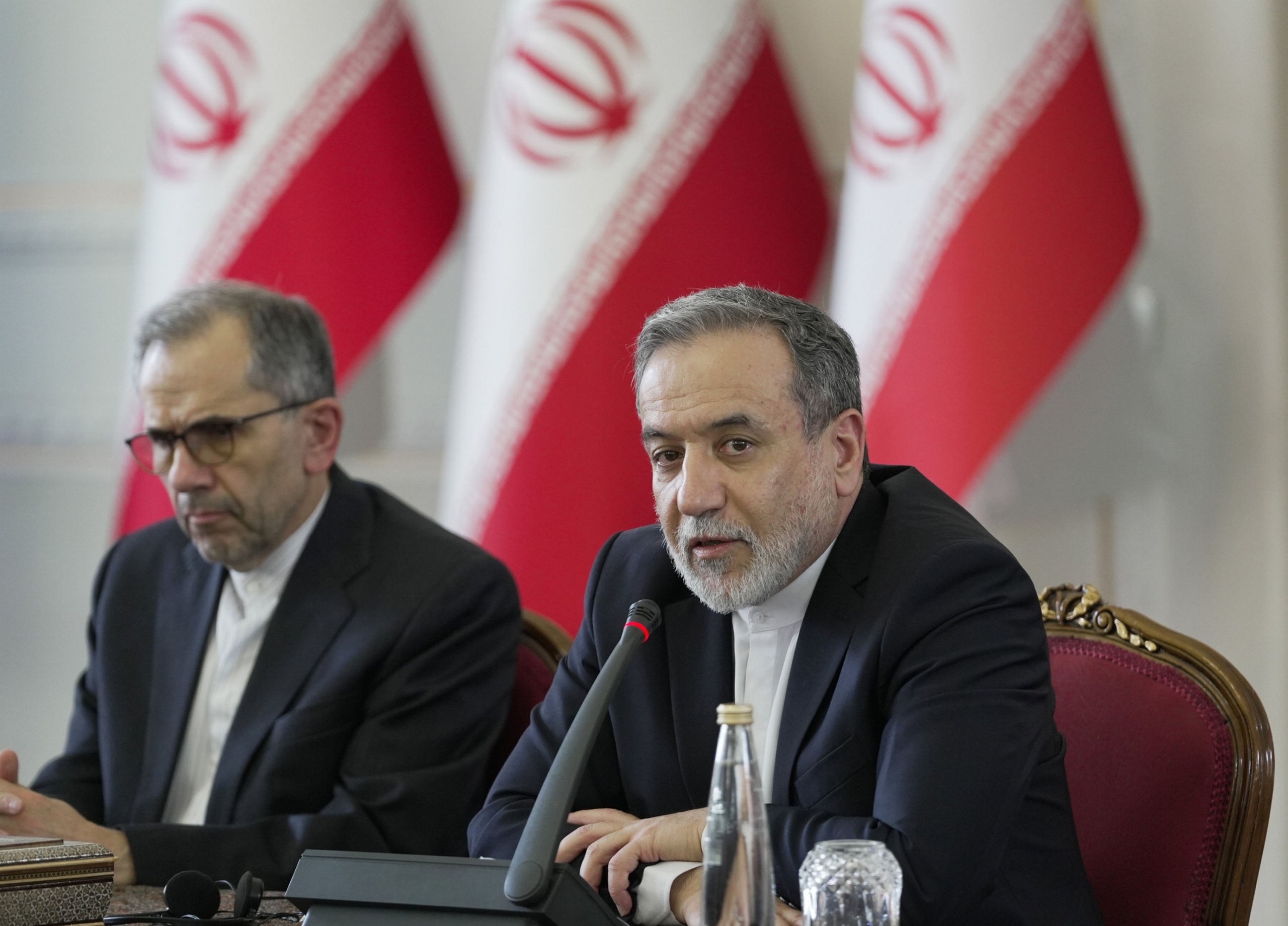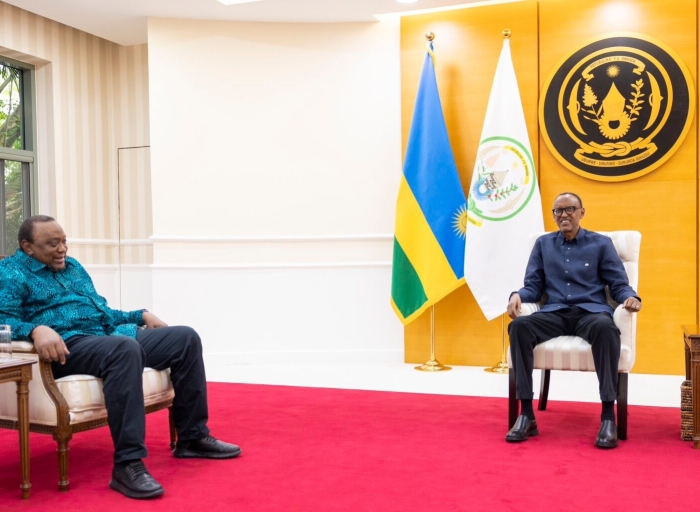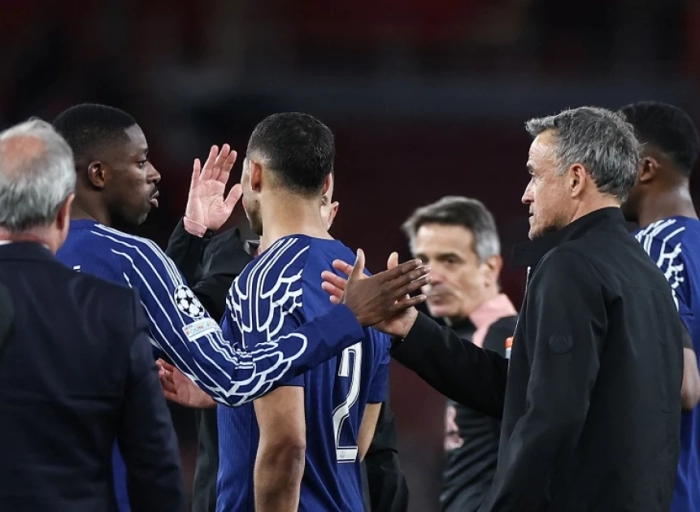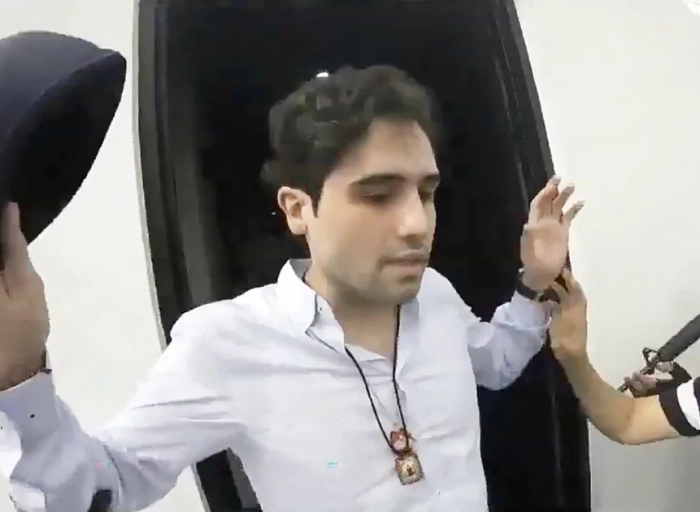Iran has signaled a conditional openness to restarting nuclear negotiations with the United States, contingent upon guarantees that no further attacks will be carried out against the country. The statement was made by Iranian Foreign Minister Abbas Araghchi on Saturday, as reported by state media.
Addressing foreign diplomats in Tehran, Araghchi emphasized Iran’s longstanding readiness to engage in discussions about its nuclear program but stressed that “assurance should be provided that in case of a resumption of talks, the trend will not lead to war.”
The remarks come in the wake of a 12-day Israeli bombardment targeting Iranian nuclear and military installations, followed by a U.S. airstrike on June 22. Araghchi argued that such actions have significantly complicated the prospects for a diplomatic resolution. “If the US and others wish to resume talks with Iran, there should be a firm guarantee that such actions will not be repeated,” he said.
As a direct response to the strikes, Iran suspended cooperation with the International Atomic Energy Agency (IAEA), resulting in the withdrawal of its inspectors. Moving forward, Araghchi noted that any cooperation with the UN nuclear watchdog would be evaluated on a “case-by-case” basis in accordance with Iranian law and national interests.
He also highlighted Iran’s concern for the safety of IAEA inspectors, citing potential dangers posed by residual ammunition and radioactive materials at the damaged sites.
Reaffirming Iran’s position, Araghchi insisted on the country’s right to continue enriching uranium on its own soil — a key sticking point in previous negotiations. The United States, under President Donald Trump, had firmly opposed any uranium enrichment by Iran.
While Israel has justified its military actions by alleging Iran was nearing nuclear weapons capability, both U.S. intelligence and the IAEA maintain that Iran has not had an organized weapons program since 2003. However, the country has enriched uranium up to 60% purity — just shy of the 90% required for weapons-grade material.
Iranian President Masoud Pezeshkian added in a recent interview that the extent of damage from the U.S. strikes has left parts of Iran’s nuclear infrastructure inaccessible, further complicating any immediate efforts to resume inspections or restore operations.
As the international community watches closely, Iran’s position makes clear that the path back to diplomacy will require more than dialogue — it will require trust and security assurances.




